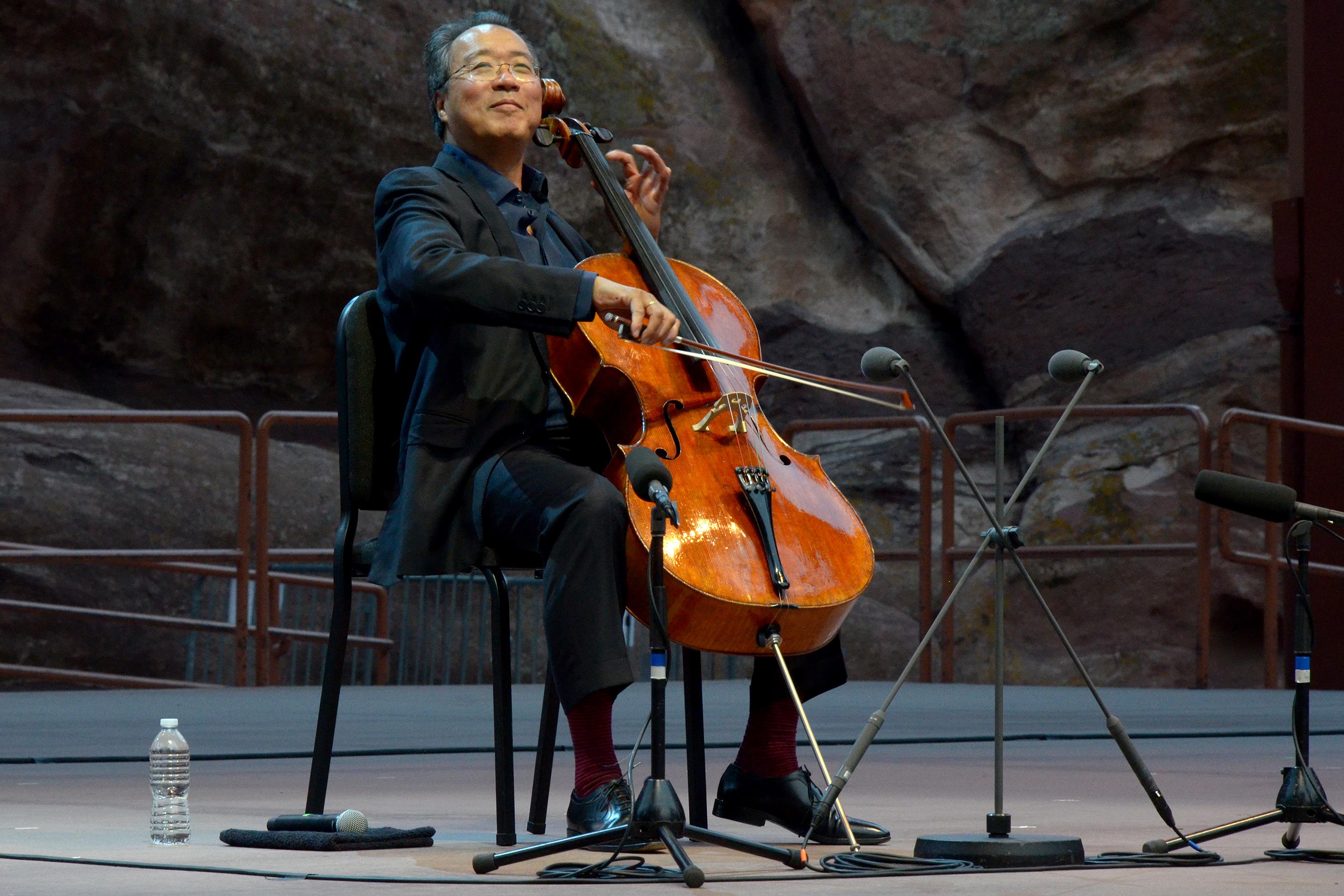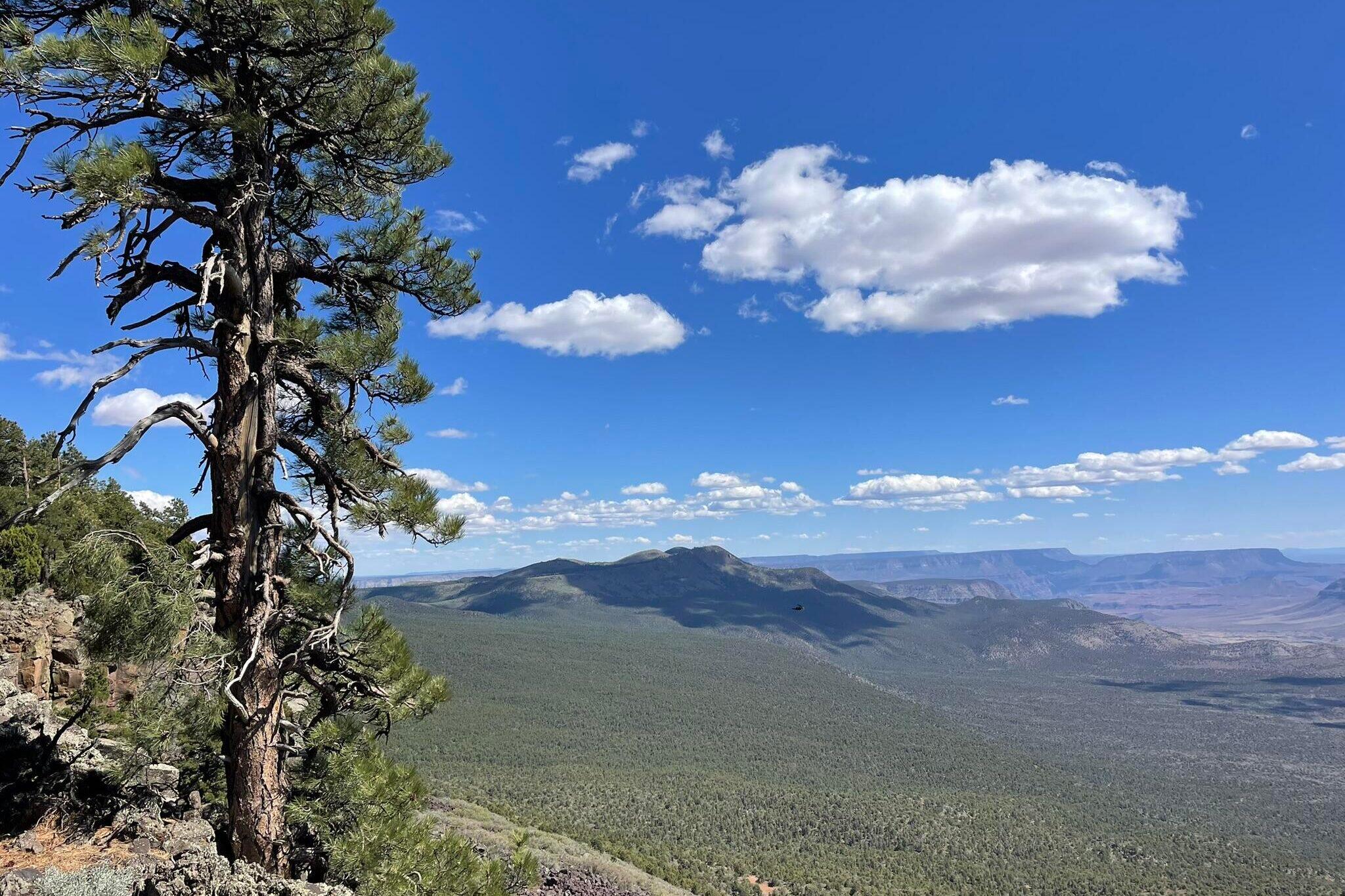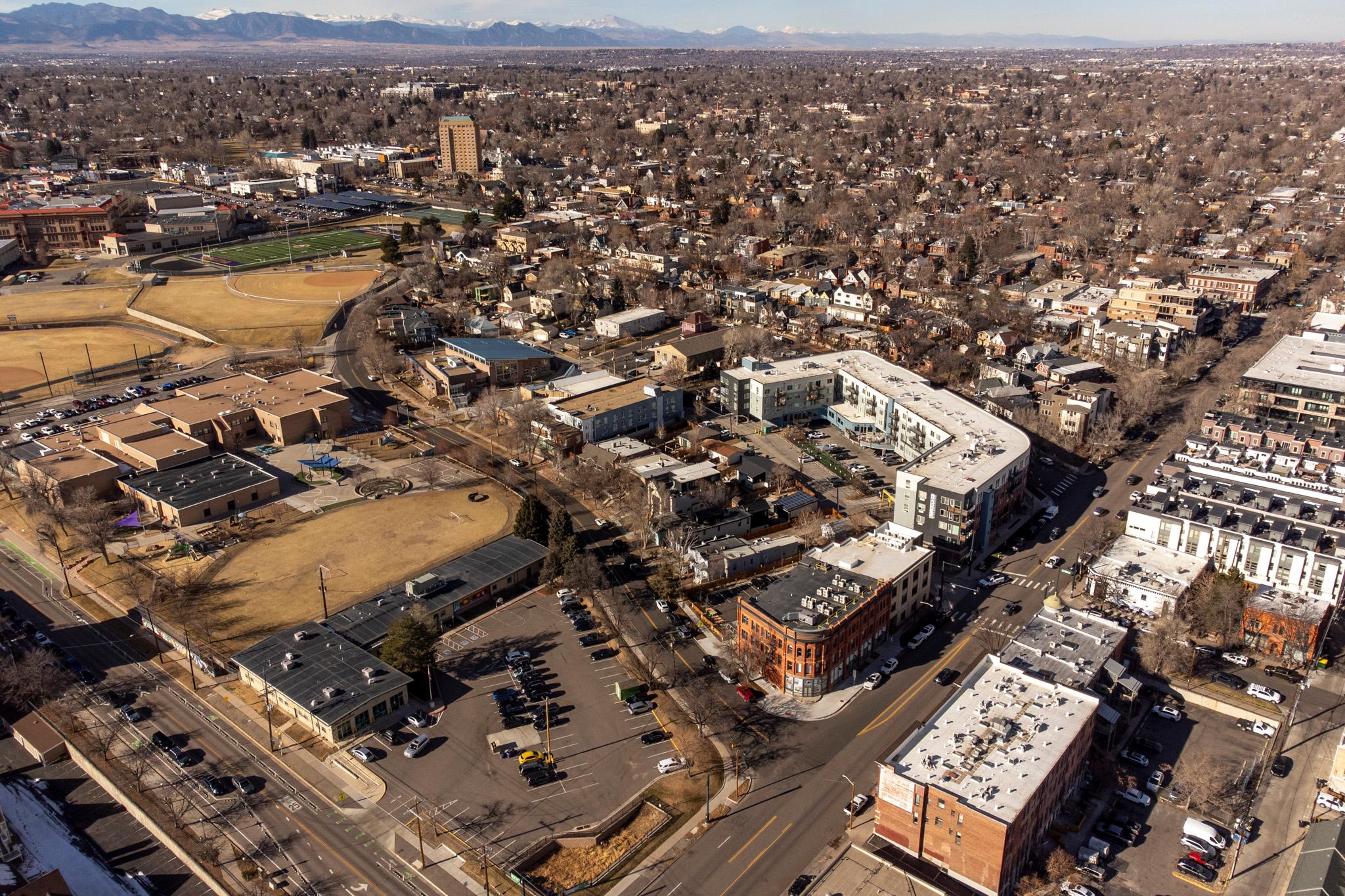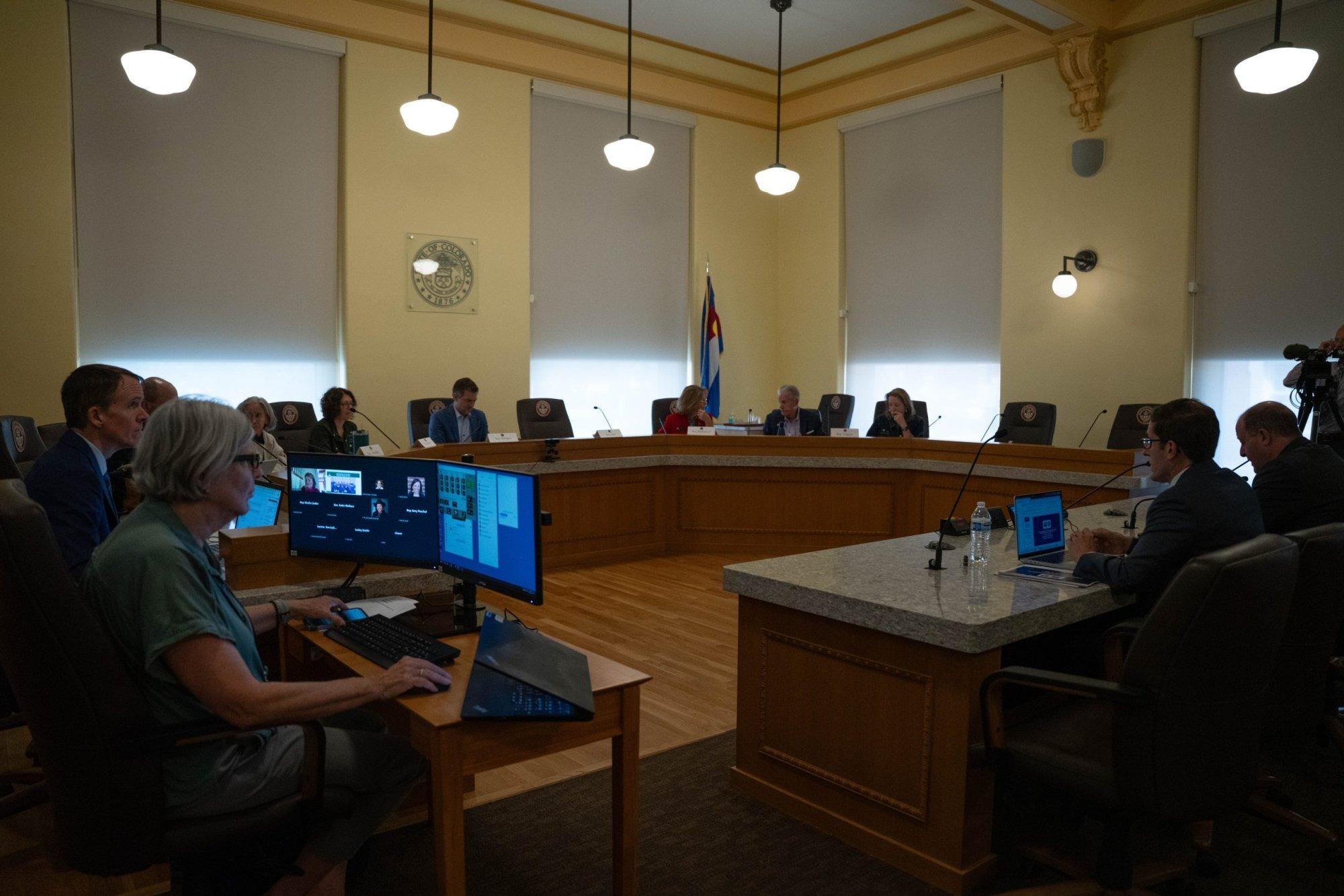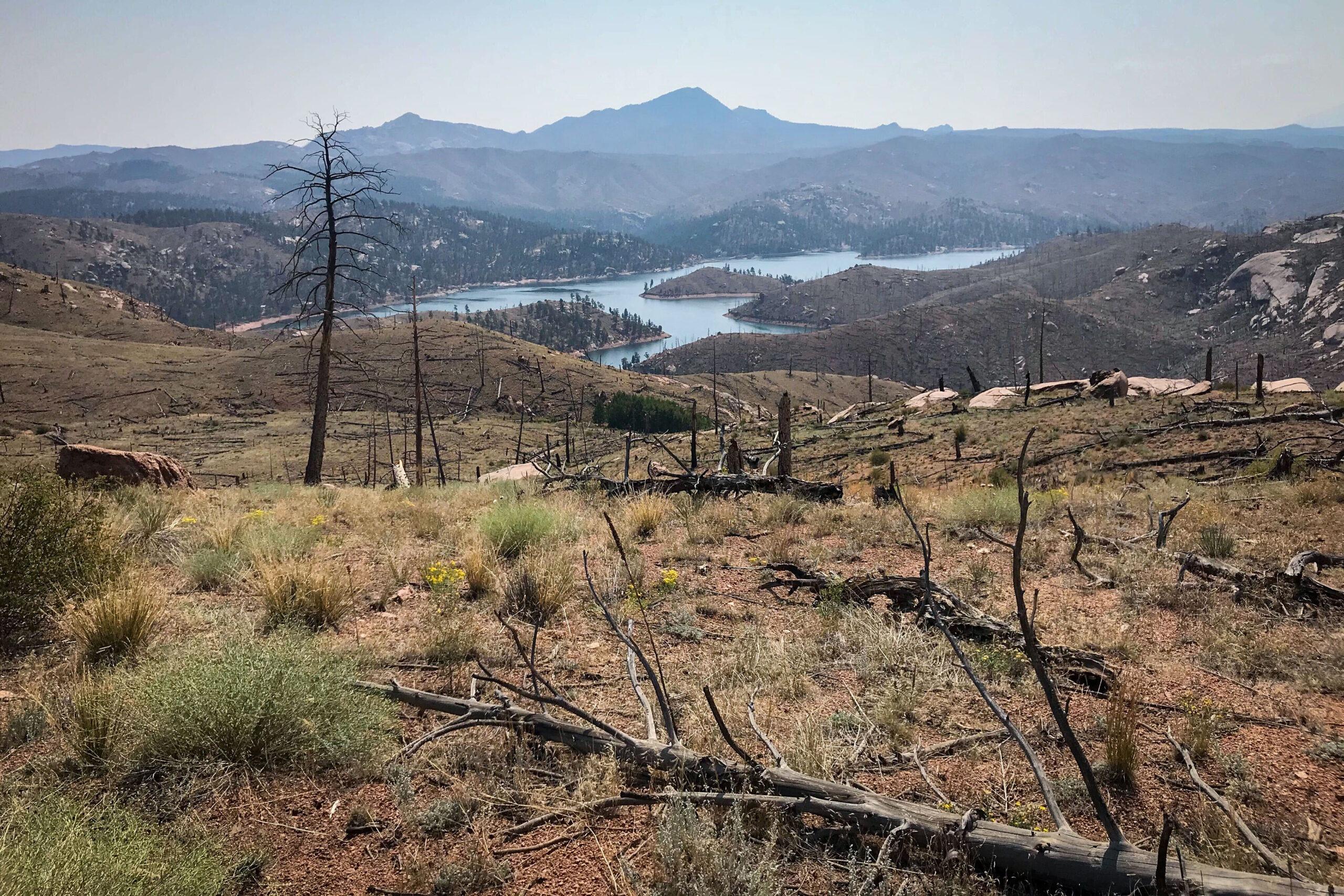
What happens to people accused of starting wildfires? As one listener recently wrote in to Colorado Wonders: “Do they walk away scot-free?”
The answer is complicated. Accountability for starting wildfires — whether that’s through criminal charges or civil lawsuits — often occurs after the largest, most destructive fires.
But historically, Colorado has lacked the staffing to investigate the causes of all but the most destructive fires. The state now expects to see more than 6,000 wildfires every year, a number that is poised to grow with climate change.
Understanding “punishment” then for starting blazes is best explained through the lens of two of Colorado’s most famous fires.
Burn after reading
The Hayman fire led to arguably the highest-profile wildfire prosecution in Colorado and resulted in severe penalties.
The June 2002 blaze scorched more than 137,000 acres and became the state’s largest wildfire at the time (a record it held until 2020). Ash fell on downtown Denver; Colorado governor Bill Owens infamously said, “It looks as if all of Colorado is burning today.”
U.S. Forest Service worker Terry Lynn Barton was the first to report smoke from the fire — she was on duty in the Pike-San Isabel National Forest, near Lake George.
But as investigators combed through the forest, they began doubting Barton’s version of events.
"They found inconsistencies in her story and began to focus in on her, and she eventually confessed,” said John Suthers, the state’s top federal prosecutor at the time. Suthers would later serve as Colorado’s attorney general.
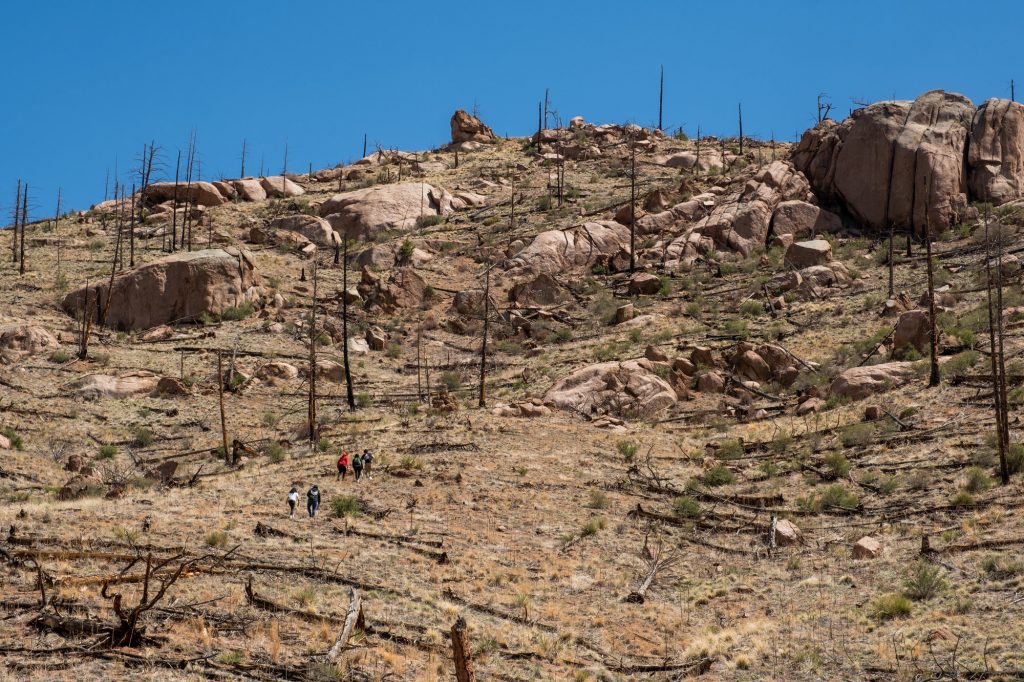
Under questioning, Barton admitted to starting the fire by burning a letter from her estranged husband in a remote campfire ring. The flames and embers from her act eventually skipped the ring and spread into bone-dry timber.
Suthers’ office charged Barton with four federal crimes. Federal investigators never believed Barton’s story about the letter, Suthers said, and could not corroborate it with forensic evidence.
But the story — spurned lover burns letter, charring Colorado – generated intense media attention. That version of events is enshrined in a plea deal agreement.
Federal judge Richard P. Matsch, who presided over the Oklahoma City bombing trials, sentenced Barton to six years in federal prison. He initially declined to impose restitution, which would have condemned her to a “life of poverty,” he said.
But Suthers appealed that decision, and Matsch eventually ordered Barton to pay the U.S. Forest Service more than $14 million. Her state charges, brought by local prosecutors, resulted in an additional $44.5 million in restitution.
It’s unclear how much has been paid. In an email, the U.S. District Court of Colorado said that no federal restitution would be paid until her state case was resolved. The El Paso County court did not immediately return a request for comment.
Suthers said that he felt the punishment was fair.
“She didn’t intend to burn down the forest, let’s put it that way,” he said. “I think a six-year sentence, where she actually spent [about] six years in prison, sent a message ... that you don’t mess with fire recklessly.”
Criminal charges have a high bar
State and federal prosecutors can charge people with crimes like criminal recklessness for unintentionally setting off an inferno. It’s also a state crime to intentionally set a wildfire.
State prosecutors brought 261 cases over the last decade that charged people with setting fire to “woods or prairie,” according to the Colorado judicial branch.
But state prosecutors only brought 15 cases against individuals for intentionally starting wildfires during that time, according to court data.
Criminal charges are not guaranteed in wildfire investigations. That owes to the challenge of investigating fires — evidence may burn up, after all — and that many are started accidentally.
Bringing charges requires prosecutors to prove beyond a reasonable doubt that a crime occurred, said Boulder County District Attorney Michael Dougherty.
“It’s more often than not that wildfires are not being set intentionally,” said Dougherty, whose office has investigated several major fires.
“In some ways, wildfire investigations are more difficult than other serious cases we have,” he said. “It’s not like someone firing a gun at someone because they have some bias or motive.”
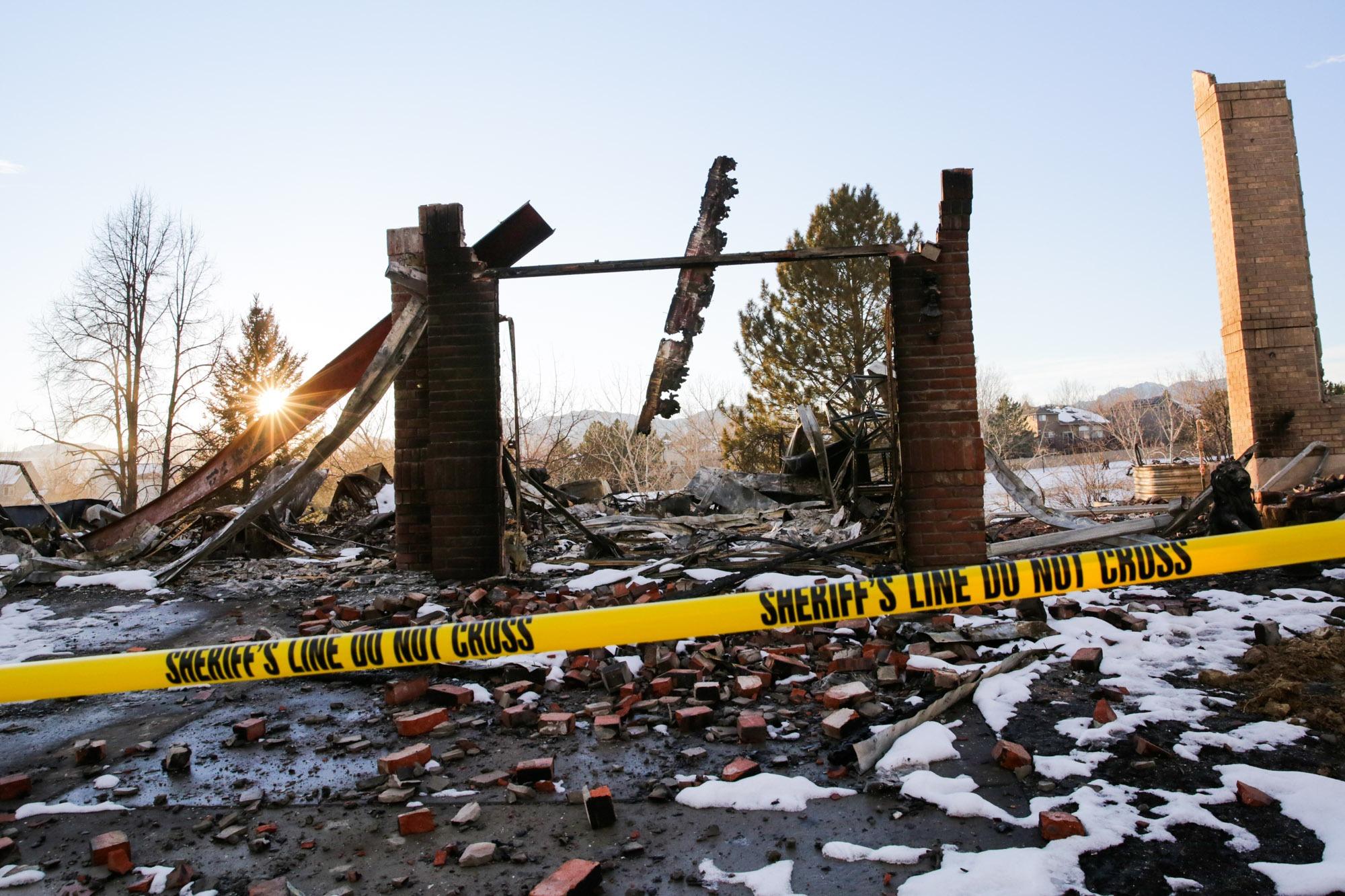
The Boulder County DA and Sheriff’s offices jointly investigated the cause of the 2021 Marshall Fire, which raced through Boulder County and torched more than 1,000 homes. It remains Colorado’s most destructive wildfire.
In its aftermath, a constellation of federal, state, private and local investigators spent 18 months determining what happened.
A June 2023 investigative report concluded that two fires eventually merged into the Marshall Fire. The first came from the remnants of a burn pile, started by the Twelve Tribes Christian sect.
The report says the second ignition most likely came from Xcel Energy’s powerlines, which allegedly began sparking hot particles after becoming unmoored in hurricane-force winds. Xcel has denied that its equipment had anything to do with the fire.
But Dougherty’s office did not charge anyone with crimes. Firefighters had visited the controlled burn nearly a week before the Marshall Fire, and said members could proceed. The fire started nearly a week later during an intense windstorm.
“The fact that law enforcement and fire were on scene and not saying anything had to be corrected or changed, would’ve made it difficult, if not impossible, for my office to prove … a violation of any local ordinance or law,” he said.
Experts and investigators also concluded that there was no evidence Xcel committed a crime when designing and maintaining its power line, according to the report.
Thousands of residents did sue Xcel, however, and lawsuits cited the investigative report during court proceedings. In September, Xcel agreed to settle claims with insurers, residents and municipalities for around $640 million, without admitting guilt.
Investigations may not always occur
While the Hayman fire was quickly solved, and the Marshall Fire investigation received an influx of support, many fires in Colorado don’t have a tidy outcome.
A 2021 CPR News investigation found that Colorado ranked as the worst state in the West for determining what sparked its largest, human-caused wildfires between 2000 and 2018. In 2018, the state had only one dedicated fire investigator and a dog that could be dispatched to assist local authorities.
In 2023, state lawmakers passed a bill to hire more investigators. The state now has nine dedicated investigators, split over the Continental Divide, and four dogs who can assist.
Since 2023, the team has investigated 344 fires, which ultimately led to 15 arrests, said Chris Brunette, who oversees fire and life safety for the Division of Fire Prevention & Control.
Brunette said it was clear that the team would never have the resources to investigate every wildfire. As a result, they work to train local officials so they can conduct more thorough investigations, and they aim to partner with federal agencies as much as possible
“So if we were going to investigate all those fires alone, it certainly isn’t enough,” he said.
“With how big Colorado is, and how many fires we get, we need to build out the capacity at the local level.”
Criminal charges for Big Oil may be coming
Climate change is increasing both the severity and number of wildfires across the West — fire “season” is now a year-round trend. That’s because the conditions that feed massive infernos — including low relative humidity and drought — are more common in a warmer world.
Charging a single person who sparked a megafire in a climate-changed world may be missing the point, said Aaron Regunberg, an attorney at the advocacy group Public Citizen.
“ People have been lighting sparks and accidentally starting fires forever,” he said. “ What causes a spark to turn into these vast, lethal fires is a drier, hotter, windier climate — that is caused by climate change.”
Regunberg works on a growing “climate accountability” movement that seeks damages from fossil fuel companies that have known about the potential effects of climate change for decades.
Historically, that movement has concentrated on civil lawsuits — Boulder County, for instance, sued Exxon Mobil and Suncor in 2018 to recover damages for the effects of floods and wildfires.

Regunberg, though, is advocating for criminal charges against companies for climate-fueled disasters. Building a strong case, he said, involves a mix of science and a legal framework that assigns blame to more than one group for a disaster.
“It’s crazy to say that this random person who made some small mistake is gonna face greater consequences than the sophisticated corporate actors that knew what they were doing,” he said.
While no prosecutor has brought criminal charges of this kind in the U.S., that could change as wildfires and other disasters continue to hammer communities.
Boulder County DA Michael Dougherty said he expects criminal laws to change, to better deal with an uptick in disasters.
Xcel and fossil fuel companies, he said, “have a responsibility to our climate, and the tragedies that may result from equipment or climate change, or the mixture of the two.”
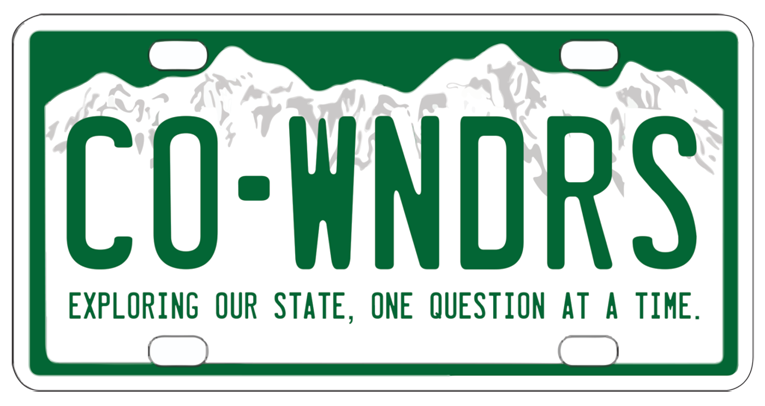
Colorado Wonders
This story is part of our Colorado Wonders series, where we answer your burning questions about Colorado. Curious about something? Go to our Colorado Wonders page to ask your question or view other questions we've answered.

